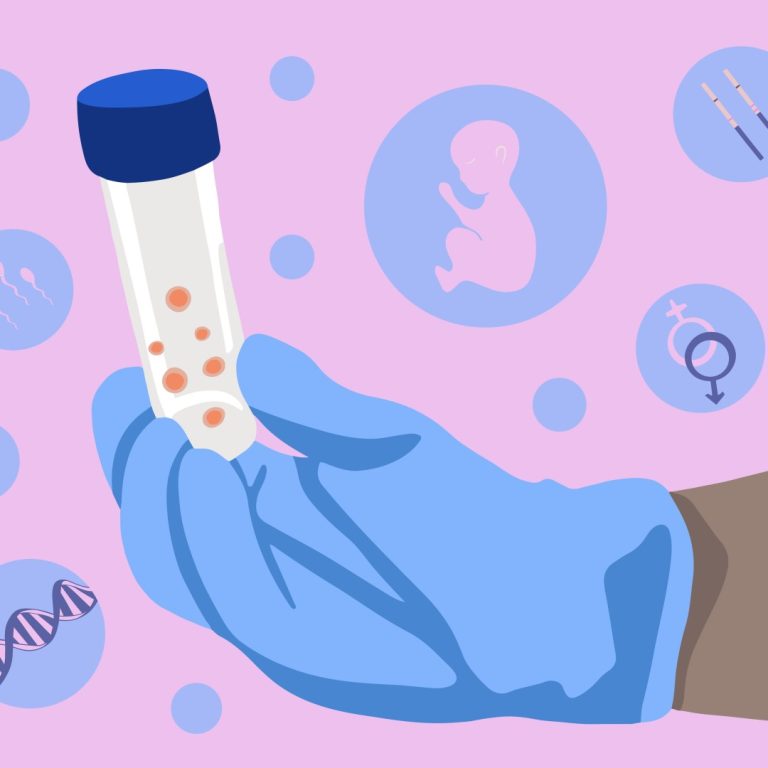Claim: An X user posted that eating once a day is healthy.
Verdict: Insufficient Evidence! There isn’t enough research to conclusively say it is healthy or unhealthy for everyone.
Full Text
The traditional three square meals – breakfast, lunch, and dinner – have long been the cornerstone of a healthy diet and have sometimes generated controversies. However, the realities of life in the 21st century have challenged this rigid structure. Busy schedules with demanding jobs, changing work patterns, commutes, extracurricular activities, and the constant allure of convenience and fast food culture can make adhering to a set meal schedule difficult.
While lunch breaks often become working lunches at the desk, and dinner gets pushed back to accommodate late meetings or evening errands, this fast-paced approach and, in some cases, economic reality has made skipping meals a necessity instead of a choice or an option often leads to unhealthy choices with several implications. While the aforementioned realities are prevalent for some, some have opted for a lifestyle of periodic fastings claiming the many benefits inherent in the practice due to religious and sometimes personal preferences.
Over the years, there have been controversies about the benefits or dangers of skipping meals and eating once daily.
On May 12, 2024, an X user, @Mrlekan123, claimed in a post that eating once daily is healthy. The post reads:
“Eating once a day is actually very healthy.”
As of May 19, 2024, the post had been viewed over 100,000 times, generated over 1,200 likes, over 360 retweets, and over 350 comments on social media X.
It has also generated other conversations and reactions from the platform users, who expressed support, disbelief, and scepticism at the post.
An X user, @dammy_drey_ wrote, “Thank you for telling me, that’s what I’ll be doing from now on.”
Another user, @ectdude, wrote “It’s called O.M.A.D. Diet, but it’s not advisable for Nigerians in Nigeria.”
Expressing scepticism, @Lilylove569969, posted, “Says who?”
Having observed the controversial reactions and engagement generated by the post, DUBAWA decided to fact-check it.
Verification
There is no conclusive evidence that eating once a day is very healthy, as this claim depends on multiple factors that must be considered. Healthline opines that eating one meal a day is a type of intermittent fasting that restricts calorie consumption during a certain window of time. Popularly referred to as the one-meal-per-day diet (OMAD), it may support weight loss and provide other health benefits.
The potential health benefits of OMAD are primarily related to fasting—restricting calorie intake during a set time. However, a study by Nutrition Reviews suggests that while intermittent fasting may help people lose weight, the authors also warn of multiple risks, such as rebound body fat increases.
The option of eating OMAD is also not a one-size-fits-all, as for some people, eating only one meal per day may increase the risk of binge eating during a single mealtime. In some cases, following a restrictive diet can even increase the risk of developing a long-term eating disorder, according to some research published by the National Library of Medicine. Persons with underlying medical conditions may also face additional risks. For example, those with type 1 diabetes or low blood sugar need to eat meals regularly throughout each day to maintain a steady blood sugar level.
Furthermore, a 2012 mouse study by J Circadian Rhythms suggested that people eating only one meal per day may have worsened health compared with eating two meals. In mice that consumed just one meal per day, there was an increase in body weight, insulin, and fat in the blood. There was also a higher risk of oxidative damage in fatty tissue and the liver. The researchers concluded that eating one meal daily could negatively impact the genes that help regulate the body clock, sleep-wake cycles, and metabolism.
Experts Opinion
Corroborating the aforementioned studies and also discrediting a one-size-fits-all approach, Dr Adetoye Adedapo Omowonuola, a trained consultant who works with the Obafemi Awolowo Teaching Hospital, said:
“The claim that eating once a day is healthy is controversial. Many factors must be considered to determine the number of times an individual eats in a day. It depends on habits, i.e., the body shape, the nature of the job of such an individual, and the time of the day. To stay healthy, someone who works very hard engaging in laborious or high academic work will need to eat more than once a day. Someone else who is trying to lose some weight may not need to eat more than once a day.”
Further discouraging the idea of one meal a day over a long period, Dr Awani Iyanuoluwa, senior registrar at the family medicine department of the Obafemi Awolowo University Teaching Hospital, Ile-Ife, said:
“The idea of eating once a day is something we discourage in the medical field. One of the reasons for this is because it can cause low blood sugar in some people. When such people become hungry, they can experience some shaking, sometimes fatigue or weakness, while some may find it difficult to concentrate. Eating once daily can also result in nutritional deficiency, especially when the patient isn’t eating a balanced diet. Another disadvantage of OMAD is that researchers have found that it can increase cholesterol levels and blood pressure. A patient who cannot maintain this lifestyle can cause rebound body fat.”
The concept of rebound body fat occurs after an individual has lost some body fat. The body fat returns after a while because the body is starved after a long time, and any food is withheld. Unlike a person who eats regularly, and the body is programmed to let go at the appropriate time, knowing that it expects some more food at regular intervals, this is not the case with an individual experiencing rebound body fat.
Again, Dr Omowonuola further emphasised the importance of a case-by-case study and specific scenarios to determine the justification for eating once daily while staying healthy. He said getting the body’s nutrients in one meal can sometimes be challenging, so consulting a doctor or registered dietitian for a personalised plan is always recommended.
“It is not an ideal that should apply to everyone. Each individual should be treated based on their case study or merit.”
Conclusion
There isn’t sufficient evidence that eating once a day is healthy. While some studies suggest benefits like weight loss, others show potential risks like increased cholesterol and blood pressure.
The researcher produced this fact-check per the DUBAWA 2024 Kwame KariKari Fellowship, in partnership with Diamond 88.5 FM Nigeria, to enrich the ethos of “truth” in journalism and enhance media literacy in the country.







